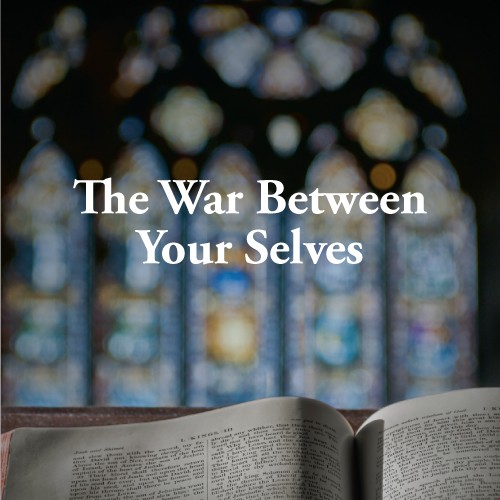
Sermon
Sin as Predator
Tim Keller | January 21, 1996
Overview
What’s wrong with us? What’s wrong with the human race? If you don’t ask that question, if that question doesn’t burn in your heart, your head is in the sand. The answer the Bible gives us to this question is that it is, to a great degree, a problem of underestimation.
God says, first of all, that sin hides itself. It crouches. Secondly, that sin is tremendously powerful. It will have you. Thirdly, we’re told about hope. You must master it. It tells us about the hiddenness of sin, about the power of sin, and that there’s a hope for the defeat of sin.



